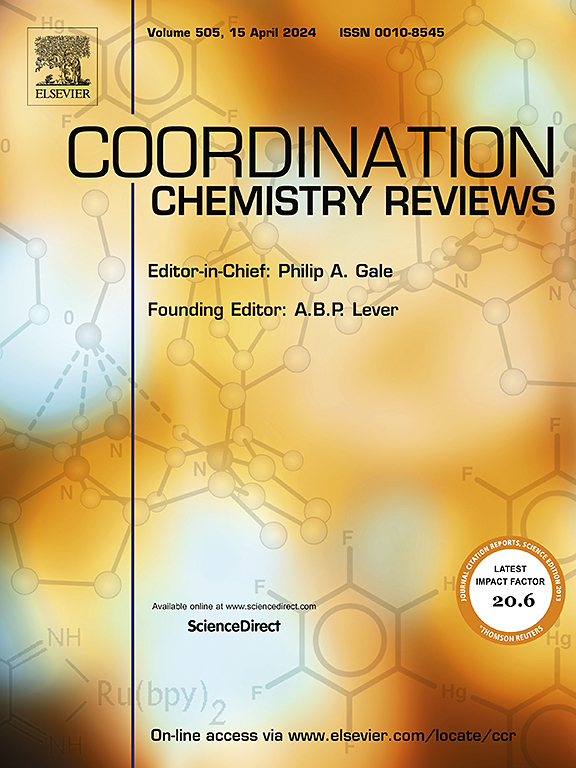SERS-based microfluidic sensor for sensitive detection of circulating tumor markers: A critical review
IF 20.3
1区 化学
Q1 CHEMISTRY, INORGANIC & NUCLEAR
引用次数: 0
Abstract
Cancer ranks as the second leading cause of death worldwide, and many researchers have found that early screening and diagnosis greatly reduce cancer-related mortality. The use of circulating tumor markers (CTMs) in cancer diagnostics is well warranted, given the potential for CTMs to provide valuable insights into the occurrence and development of cancer. The past two decades have witnessed remarkable advancements in microfluidics based on surface-enhanced Raman spectroscopy (SERS) in the field of biomedicine. It has become a well-established technology for CTM detection. Throughout this review, recent developments of SERS-based microfluidic technology within the realm of CTM detection, including classification, identification, and capture methods, detection mode, as well as novel strategies and applications, have been highlighted. The purpose is to emphasize the importance of detection methods rooted in SERS-based microfluidic technology in biomedicine, as well as to promote their expansion towards various applications.
基于 SERS 的微流控传感器用于灵敏检测循环肿瘤标志物:综述
癌症是全球第二大死因,许多研究人员发现,早期筛查和诊断可大大降低癌症相关死亡率。鉴于循环肿瘤标志物 (CTM) 有可能为癌症的发生和发展提供有价值的信息,因此在癌症诊断中使用循环肿瘤标志物 (CTM) 是非常有必要的。过去二十年来,基于表面增强拉曼光谱(SERS)的微流体技术在生物医学领域取得了长足的进步。它已成为一种成熟的 CTM 检测技术。本综述重点介绍了基于 SERS 的微流控技术在 CTM 检测领域的最新发展,包括分类、识别和捕获方法、检测模式以及新型策略和应用。目的是强调基于 SERS 的微流控技术的检测方法在生物医学中的重要性,并促进其向各种应用领域扩展。
本文章由计算机程序翻译,如有差异,请以英文原文为准。
求助全文
约1分钟内获得全文
求助全文
来源期刊

Coordination Chemistry Reviews
化学-无机化学与核化学
CiteScore
34.30
自引率
5.30%
发文量
457
审稿时长
54 days
期刊介绍:
Coordination Chemistry Reviews offers rapid publication of review articles on current and significant topics in coordination chemistry, encompassing organometallic, supramolecular, theoretical, and bioinorganic chemistry. It also covers catalysis, materials chemistry, and metal-organic frameworks from a coordination chemistry perspective. Reviews summarize recent developments or discuss specific techniques, welcoming contributions from both established and emerging researchers.
The journal releases special issues on timely subjects, including those featuring contributions from specific regions or conferences. Occasional full-length book articles are also featured. Additionally, special volumes cover annual reviews of main group chemistry, transition metal group chemistry, and organometallic chemistry. These comprehensive reviews are vital resources for those engaged in coordination chemistry, further establishing Coordination Chemistry Reviews as a hub for insightful surveys in inorganic and physical inorganic chemistry.
 求助内容:
求助内容: 应助结果提醒方式:
应助结果提醒方式:


